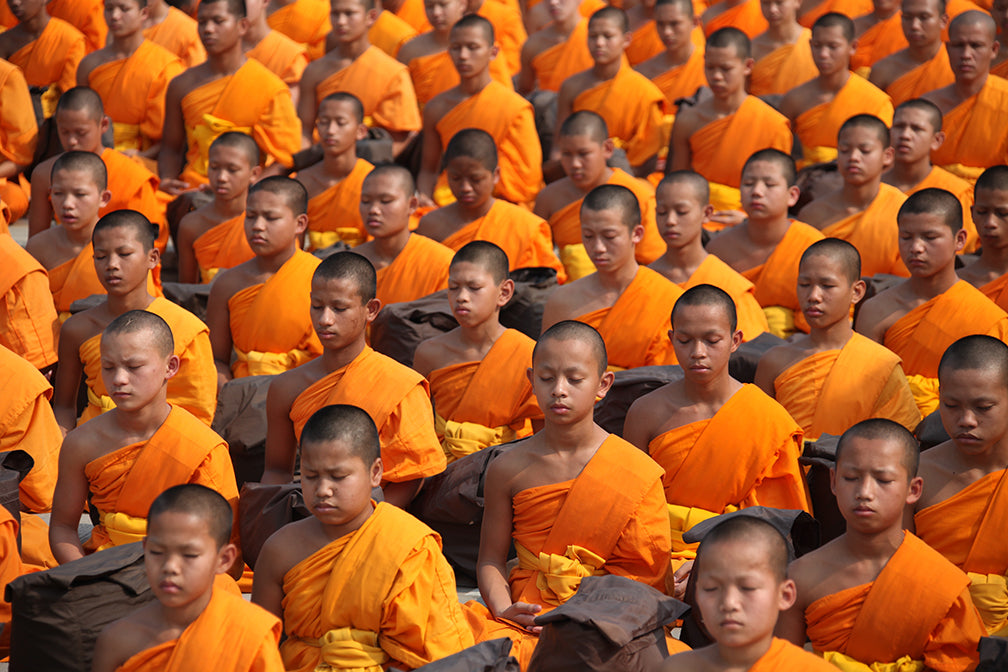I must shake my head and disturb my flow of non-attachement to glide back into my regular, old-consciousness to explain this:
The key to happiness will always be your perspective of what's going on in the outside world at any given time in your life.
I've experienced pain in my own life, as we all have, but it can't compare to the pain a great many others have been through. I can't imagine anything worse than the situation of those who lived in the Auschwitz concentration camps during World War II. There were mass atrocities and infinite cruelty which happened for no real reason.
I'm always amazed when I hear stories of people who somehow managed to find gratitude and a positive attitude in such horrible circumstances. It motivates me to always monitor my own perspective. If I look up at the sky on a beautiful day I must express gratitude. I must even express gratitude when I'm in difficult circumstances. Gratitude is absolutely essential, and even if we are in pain we must express gratitude for being alive.
One of the consequences of fear is that it moves us away from gratitude. We've all experienced fear from the time we were children when we were confronted with unknown things or things that we perceived as being dangerous. Fear does have its place as a survival mechanism. But more often than not fear is just something that inappropriately pops up as a first reaction to something unexpected. For some adults, fear can be an addiction.
But, again, fear can be an appropriate reaction to a danger that presents itself. Fear that is well-founded should serve as a signal for a person to take a few breaths and analyze the situation that they’re in.
There are a number of standard responses to fear. We’re all familiar with the expression “fight or flight.” Some who are confronted with danger will choose to fight in a given situation while others will choose to flee. There is also a “freeze” response (or failure to respond). When one doesn't know what to do in a dangerous situation and becomes incapacitated, they will not know what to do so they will do nothing.
I've recently become aware of a fourth possible reaction to fear. It is to tap into the elevated side of humanity and consciousness in order to think and feel. Once we choose this option to respond to fear, we do two things. One is to be aware of the emotion of fear and the associated pain and then process the emotion. The other is to analyze the situation and use thought processes appropriately. When we do so, we can compute, reduce, and create options. Clearly, doing this is the best course of action for responding to fear.
